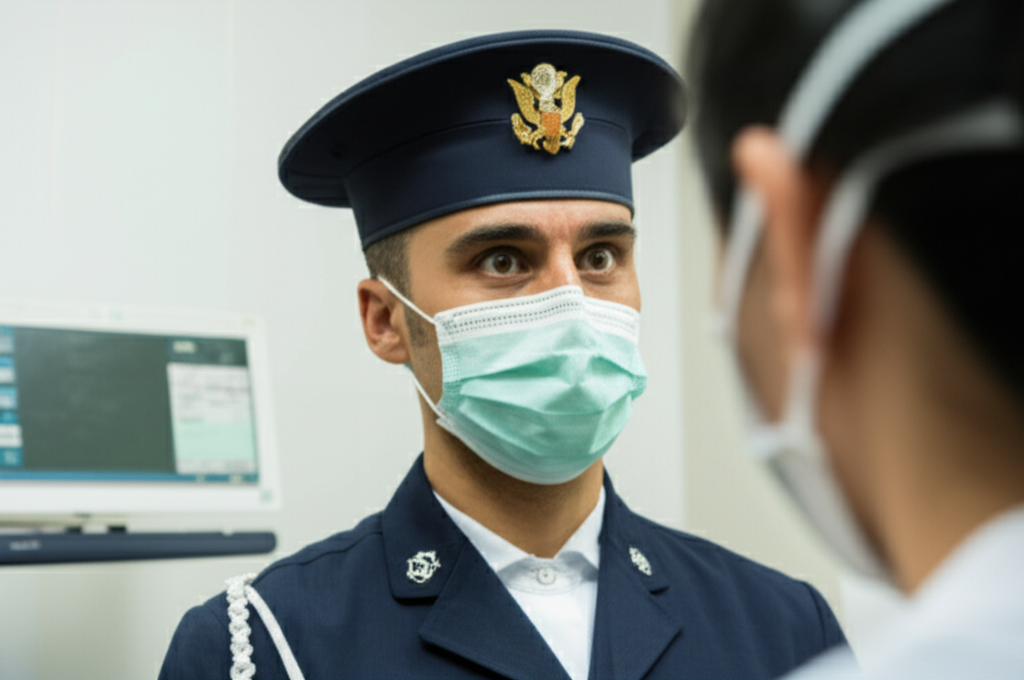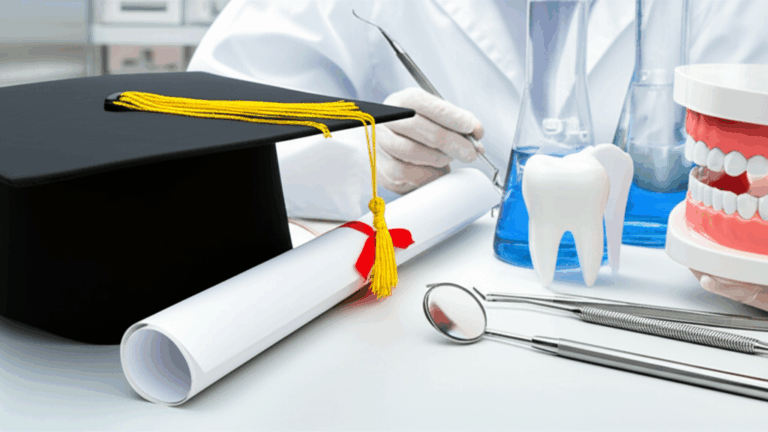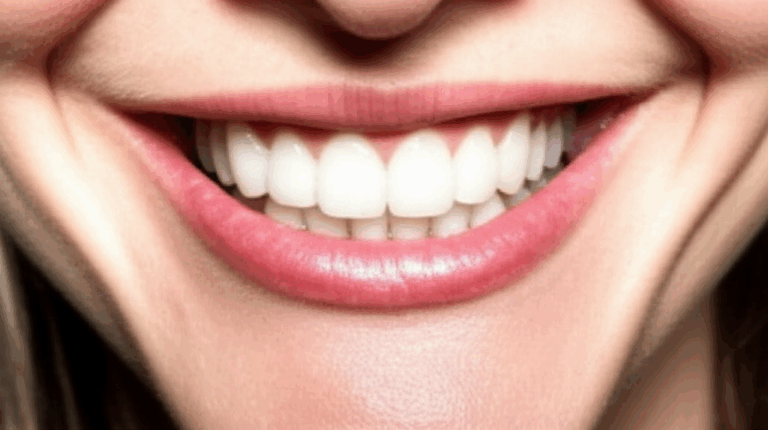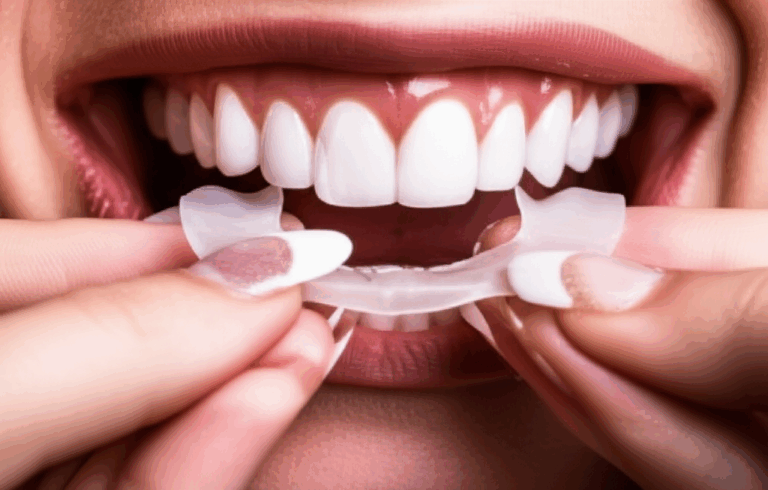
How to Become a Military Dentist: Your Complete Guide to a Patriotic Career in Dentistry
Discover what it really takes to become a military dentist—whether you dream about caring for service members or you just want a debt-free pathway through dental school. This guide will walk you through every step: what to study, which programs to choose, how to join, and what life in uniform could look like. Plus, you’ll get honest insights about the pros, cons, salary, and how military dentistry stacks up against civilian practice. This article is for you if you want to serve your country, build advanced dental skills, and enjoy unique career benefits—and you want it all explained in simple, clear language.
Table of Contents
What Is a Military Dentist? (And Why Would You Want to Be One?)
If you’ve ever wanted to help people and serve your country, being a military dentist might be the right fit for you. Military dentists work in the United States Army, Navy, or Air Force. They take care of the oral health of active duty members, veterans, and sometimes family members too. That means fixing cavities, pulling teeth, and even doing surgery—all while wearing a uniform.
Why pick this path? For starters, you get to work with great tools and learn skills pretty quickly. You’ll see patients from all over the world, sometimes in places as far as a ship in the Pacific or a base in Europe. On top of that, the military pays for your school if you join through their programs.
You get a steady job, good pay, and nice benefits you might not get in a regular dental office. Plus, you get the pride of serving your country and building a solid dental career.
What Do You Need Before Dental School?
Getting started as a military dentist is almost just like any other dental job: with good grades and science classes. You need strong scores in your college courses, mostly in biology, chemistry, physics, and organic chemistry.
Table: Coursework for Pre-Dental Students
| Subject | Years/Classes Needed |
|---|---|
| Biology | 1 year |
| Chemistry | 1 year |
| Physics | 1 year |
| Organic Chemistry | 1 year |
| English | 1 year |
| Math | Varies |
It helps if you join a pre-dental club or help out/volunteer with a dentist. The military also likes when you show you can be a leader—maybe you were captain of a school team or led a club.
Why does this matter? Because your grades and what you’ve done outside of class will help you get into dental school and show military recruiters you’ve got what it takes to do well in the military dental corps.
How Do You Get into Dental School for the Military?
First: the Dental Admission Test (DAT). This tough test checks your science skills and how you solve problems. Try for a strong score (usually 19 or more) to keep your application looking good.
Once you’ve got that, you’ll send in your dental school applications, usually through AADSAS (the main application website). You’ll need good letters of recommendation from college teachers or dentists you know, plus a good GPA (3.4 or higher is a good goal).
Choose a school that’s accredited! The military only accepts graduates from accredited dental schools. While you’re applying, tell your pre-dental advisor you’re interested in the military. They’ll show you the right programs and scholarships.
What Are Your Paths for Becoming a Military Dentist?
Health Professions Scholarship Program (HPSP)
This is the way most students go if they want the military to pay for dental school. The HPSP covers the whole cost, pays for your books, and even gives you a monthly check. In return, you’ll serve on active duty as a dentist after school—normally one year for every year they cover.
You apply through a military recruiter, and you have to pass a physical exam, be a U.S. citizen, and meet school and character rules.
Uniformed Services University of the Health Sciences (USUHS)
USUHS is sometimes called “America’s medical school.” If you get in, you become an officer while still a student. They pay you a salary (about $60,000 a year with benefits), and you learn with future doctors and dentists going into the Army, Navy, Air Force, or Public Health Service.
Be careful: the time you owe is usually longer with USUHS. Graduates often have to serve seven years after finishing school.
Direct Commission for Licensed Dentists
Already a dentist? You can apply to get a direct commission as an officer in the Army, Navy, or Air Force. There are usually age limits (35 or younger is normal, but waivers are sometimes given). You’ll go through Officer Basic Course or Officer Development School to learn military rules and leadership. Then, you start right away as a dental officer.
What Does It Take to Serve in the Different Branches?
Army Dental Corps
In the Army, you could work in a big hospital like Walter Reed National Military Medical Center or take care of soldiers at small bases all over the world. The Army Medical Department gives you lots of chances to specialize, like oral surgery or public health dentistry. Deployments happen, so be ready to work in all kinds of places—even places where things aren’t safe.
Navy Dental Corps
Navy dentists might take care of sailors, Marines, and their families. Sometimes, you work on ships, with the Marines, or at clinics like Naval Medical Center San Diego. The Navy likes dentists who are good with change and don’t mind living on ships or moving around.
Air Force Dental Corps
Air Force dentists focus on keeping pilots, crews, and families healthy. You’ll mostly work on U.S. or overseas Air Force bases, using good dental tech and helping the Air Force Medical Service. It’s a nice fit if you like new tools and a regular clinic schedule.
Active Duty vs. Reserves
You don’t have to work full-time to be a military dentist. Dentists can join the Reserves or National Guard. That means you serve part-time (one weekend a month, two weeks a year), while still learning and earning extra pay and benefits. Reserve dental corps members can keep their regular dental jobs and get more training, pay, and experience.
How Much Does a Military Dentist Make? (And What Are the Benefits?)
Military dentists get a good salary, steady raises, and benefits most private offices can’t match.
Table: Starting Military Dentist Pay (As of 2024)
| Rank | Monthly Base Pay | Specialty Bonus (Yearly) | Housing Allowance (BAH) |
|---|---|---|---|
| O-1 | $3,826 | $10,000 | $1,500–$3,000 |
| O-2 | $4,408 | $15,000 | $1,800–$3,500 |
| O-3 | $5,185 | $20,000 | $2,000–$4,000 |
Other Benefits:
- Full healthcare (TRICARE) and dental care for you and your family
- Paid time off: 30 days a year, plus holidays
- Retirement plans (the Blended Retirement System)
- GI Bill for more schooling, including help for your family
- Loan help and Public Service Loan Forgiveness (if not using HPSP)
You also can get extra pay for being board-certified in dental specialties and if you take leadership jobs.
Want to know how dental labs work with dentists from far away? Learn how a crown and bridge lab helps dentists give treatment.
What Is a Day as a Military Dentist Like?
A day on the job is a lot like any dental office—you check teeth, fill cavities, take x-rays, and talk with your patients. But your workplace could be a busy clinic on a big base or even a tent in the middle of nowhere.
You’ll often:
- Treat tooth pain or injuries right away
- Help troops get ready to leave for missions, making sure their teeth are healthy
- Do simple surgeries, root canals, or help fit removable dentures
Military dentists work as a team with other healthcare workers to keep everyone ready for the mission. When things are calm, you might have a normal work schedule. But if called upon, you could work nights, weekends, or get sent out quickly.
If you love learning, the military offers training in special fields like orthodontics, periodontics, prosthodontics, and more. You can try for residency spots in the military’s advanced dental training. Nothing is quite like helping during a disaster or giving care on a mission to help people.
What’s Good and Bad About Being a Military Dentist?
Good Things About a Military Dental Job
- No student debt: Programs like HPSP or USUHS can pay for everything.
- Job security: A spot is waiting for you after graduation.
- Steady raises and promotions: You move up and get more money as you work longer.
- Best tools: You use some of the top dental equipment out there.
- Chance to travel: Work in the U.S. or maybe overseas.
- Service: You’re helping people who protect the country.
Hard Parts & Things to Think About
- Could get deployed: You may have to work in tough places, sometimes on short notice.
- Lots of moving: The military may make you move every few years.
- Military rules: You answer to officers and do things the military way.
- Stress: Tough jobs, long hours during busy times, and it might be hard to balance life and work.
- Leaving the military: To switch to regular dental work, you need to plan ahead.
If you want to see what private specialty labs can offer, look at a good dental ceramics lab and see what’s different.
How Do You Start Your Application?
Curious about new dental technology? Take a look at how a digital dental lab works.
Frequently Asked Questions (FAQs)
How long do I have to serve for HPSP?
Normally, you owe one year of service for each year of HPSP support, with at least three years.
Can I specialize as a military dentist?
Yes! After some experience, you can try out for extra training like oral surgery, orthodontics, and more.
Are there age limits?
You usually need to be under 35 to become an officer. Branches sometimes give waivers.
Will I go to basic training?
Not the kind you see in movies—officers go to a short school to learn leadership and how things work in the military.
What if I want to leave the military?
After your time is up, you can switch to regular dental work—or stay if you like it.
Summary: What Should You Remember?
- Military dentistry gives you school with no debt, good pay, and big benefits.
- Start early: good grades, science classes, and being a leader will help you.
- Pick from HPSP, USUHS, or direct commission to join.
- Army, Navy, and Air Force all have different jobs and places to work.
- Be ready to move, deploy, but also learn, travel, and work with a team.
- Get going by talking to a healthcare recruiter.
Quick Tips to Remember
- Get strong grades in biology and chemistry in college.
- Apply to approved dental schools with help from your advisor.
- Check out military programs that pay your tuition and give you a job.
- Pick the service branch (Army, Navy, Air Force) that fits you best.
- Military dentists make good money, learn a lot, and serve their country.
- Be ready for some tough parts: moves, deployments, and following rules.
- Check out new dental tech at a 3d dental lab and see how lab and clinic work together.
Becoming a military dentist is a big choice, but it opens the door to a fun and meaningful job—and you get to help your country one healthy smile at a time.








